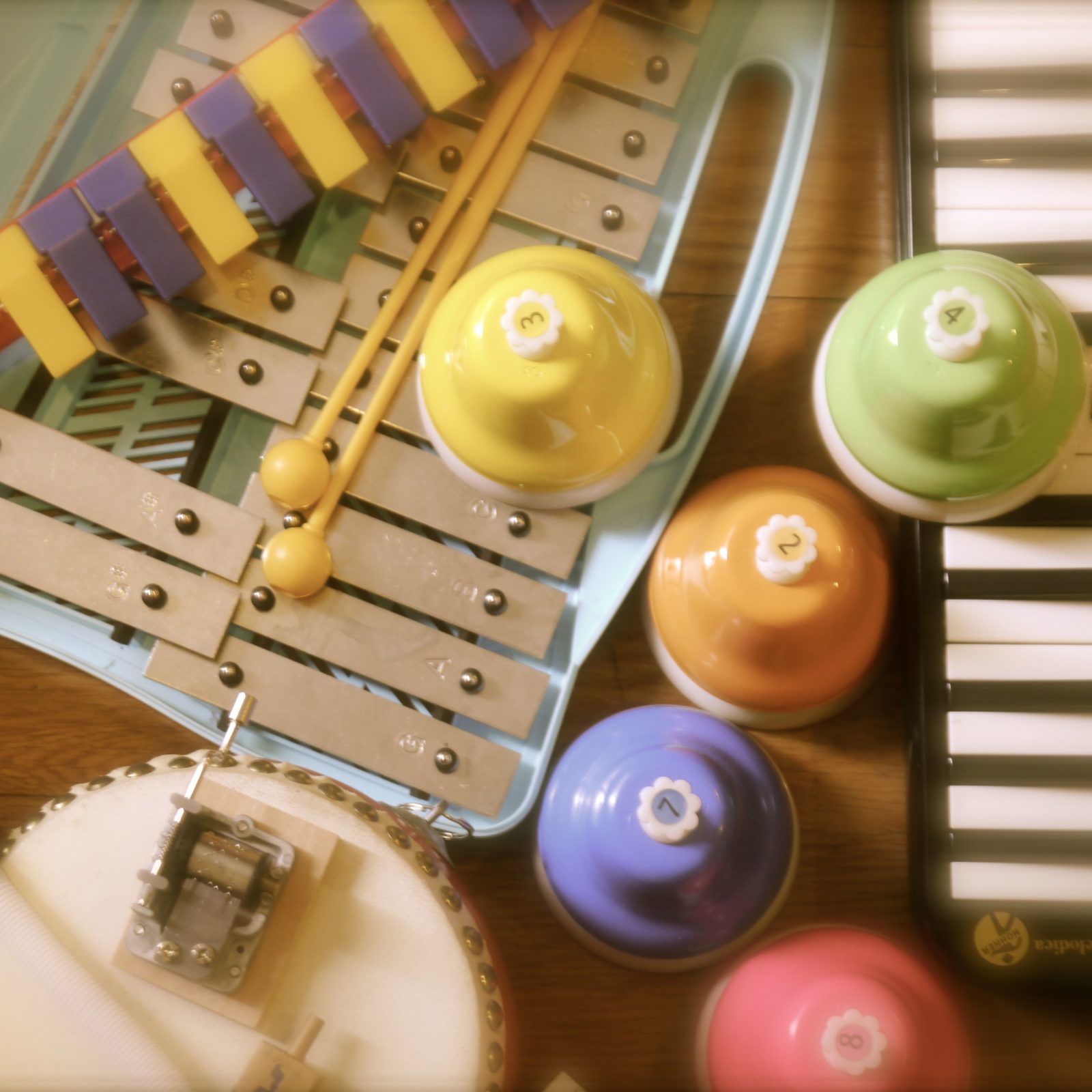This week we are hearing from James Joslin about his piece Für Enola!
About the composition:
Für Enola for toy piano and jack-in-the-box was conceived as an attempt to bridge the gap between the inherent childlike nature of the toy piano and it’s more recent status as a ‘serious’ instrument. Chance operations were used in an effort to construct the piece in a manner mimicking that of a child playing the toy piano; seemingly random strikes with no regard for key or motif, just individual events happening through time. The score notates the part of the toy piano and also declares when the jack-in-the-box handle should be turned. Eventually the jack will pop out of the box, whereby the performer is asked to spin a spinning top in silence. When it falls the piece may continue to the end.
Far from just being an aural piece, Für Enola is also visual theatre as the audience (and performer) anticipates the jump of the jack-in-the-box and feels the awkwardness of the silence whilst waiting for the spinning top to fall. The performer is encouraged to react to these events and to not feel ashamed if the jack makes them jump! This spectacle and humour is intended as a nod to the man who first saw the potential of the toy piano as a concert instrument; John Cage.
About the composer:
James Joslin (b.1987) is an English composer and performer based between Brighton and Leicester where he is currently studying Music, Technology and Innovation at De Montfort University. James’ recent works are varied and include pieces for instruments such as the toy piano, soundscapes involving contact recordings of landmark structures, and compositions constructed by using chance operations. Most recently James has been interested in creating works by using acoustic instruments as an input for live electronics either by using analog technologies or the coding environment MaxMSP. He is exploring ways to create a relationship between instrumentalist and live electronics using only an input instrument and avoiding the likes of MIDI controllers. Working particularly with guitar, piano and toy piano, James is always keen to find new avenues to explore, particularly in regard to extended playing techniques and the notational problems that arise from them.

